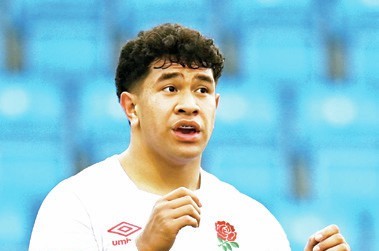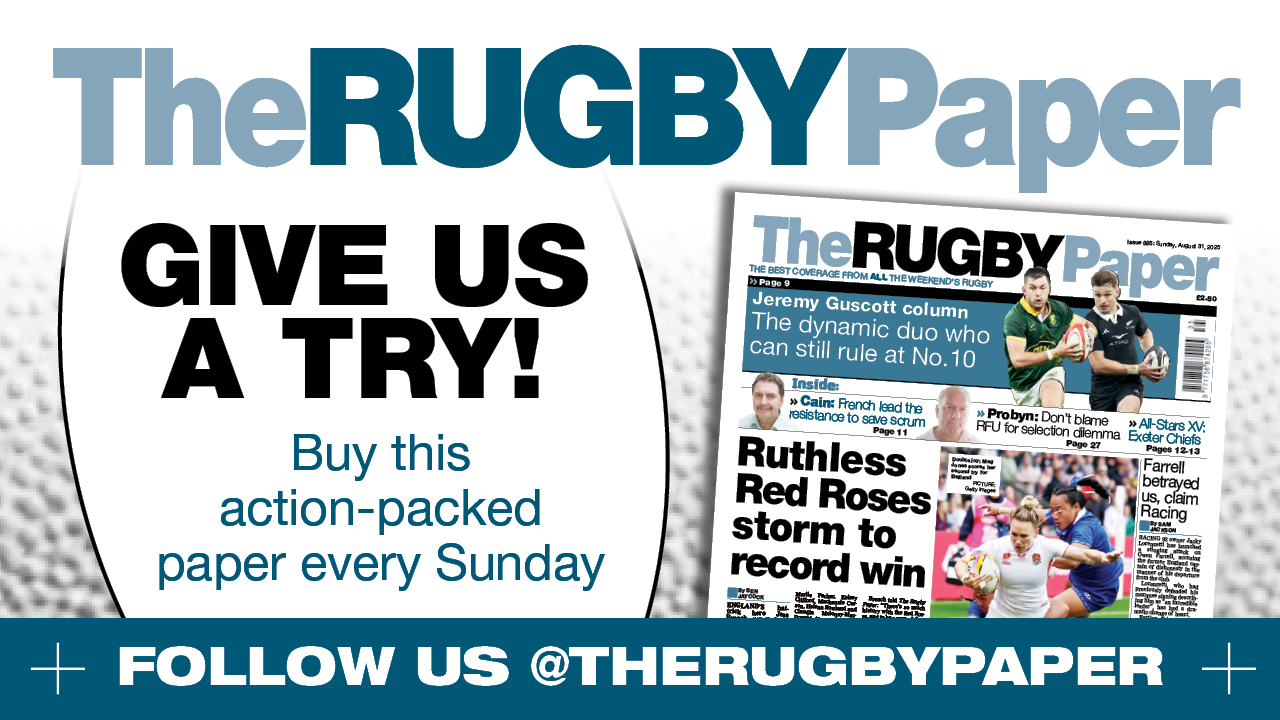Schools / Universities
Parkin highlights England pathway
More in Schools / Universities
-
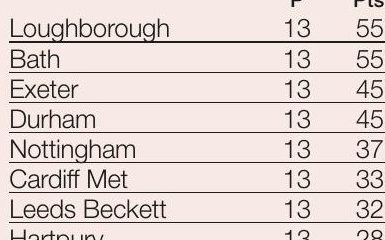

L’borough overcome Notts to make it a super six
BUCS RUGBY ■ By JOSEPH TERRY LOUGHBOROUGH remained top of BUCS Super Rugby after...
-


L’borough ease past Cardiff to go top of the table
BUCS RUGBY ■ By JOSEPH TERRY LOUGHBOROUGH bulldozed Cardiff 82-12 to kick off BUCS...
-
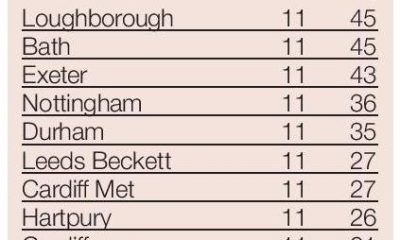

Big dogs looking for clear run to the play-offs
By JOSEPH TERRY AS the breakneck final block of BUCS Super Rugby fixtures looms,...
-
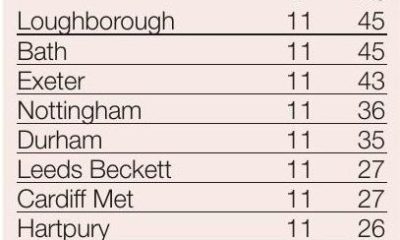

L’borough looking to cash in on home advantage
BUCS RUGBY By JOSEPH TERRY SEVEN rounds remain in BUCS Super Rugby and leaders...

